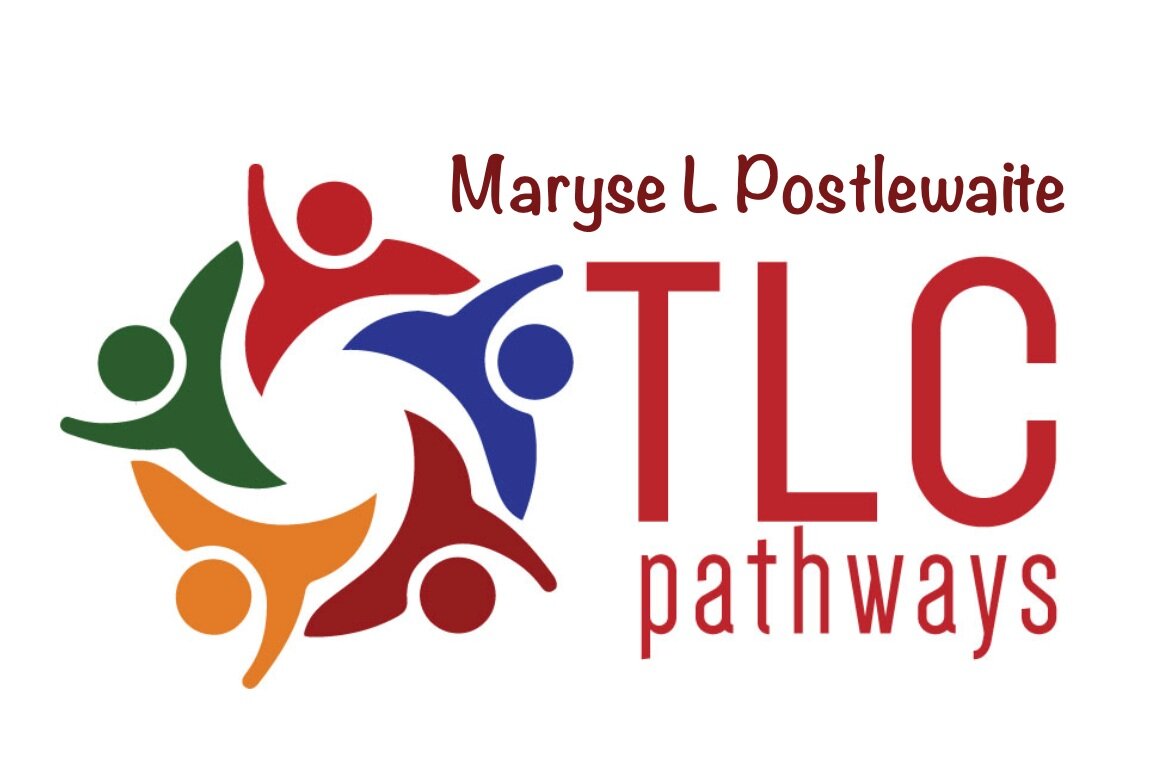Think Outside the Box
Discovering Creative Solutions
Do you know the expression, to think outside the box? Maybe you’ve heard it to encourage creativity in solving problems. You can implement this particularly when settling interpersonal conflicts. If we fall back on habits of making assumptions, judgments, especially of people we’ve known for a while, we are likely to have similar results, and not moving closer to a more positive outcome.
The expression, “Think outside the box” originates? From Sam Lloyd’s 1914 Cyclopedia of Puzzles. Maybe you’ve seen this. Try it. Draw nine dots, shown here; link all 9 dots using four straight lines, without lifting the pen and without tracing the line more than once. (Contact me for the solution.)
You can implement this particularly when settling interpersonal conflicts. If we fall back on habits of making assumptions, judgments, especially of people we’ve known for a while, we are likely to have similar results, and not moving closer to a more positive outcome.
How can this apply to your relationships? Take one of your more recent conflicts you’ve had with a co-worker, friend or family member and reflect on what you could have done differently in the situation. Consider how the outcome could be different. Think outside the box! Avoid an approach which heightens discord. Evaluate the timing, being sure that each is calm and open to listening. Try humor, writing a note, something unexpected to initiate a different conversation. Envision your preferred results.
Many times I’ve noticed that conflicts are more likely to arise for me when I’m feeling anxious, concerned or untrusting. If I have reflected on the root of my feelings and I’ve practiced alternative approaches, I’m more likely to have positive results.
Participants of the workshops I lead have confirmed that practicing communication skills and perspective taking, learning about neuroscience, and collaborating with their group through interactive and engaging activities has benefited them in their relationships.
To learn more, send an email: pathways2tlc@gmail.com.
Connect with Facebook: @tlcpathways
Instagram: maryse_tlcpathways or LinkedIn: Maryse L Postlewaite


